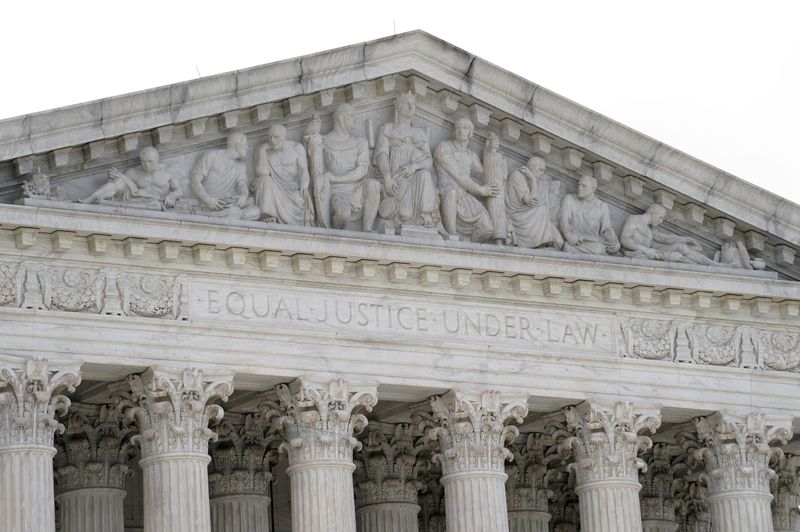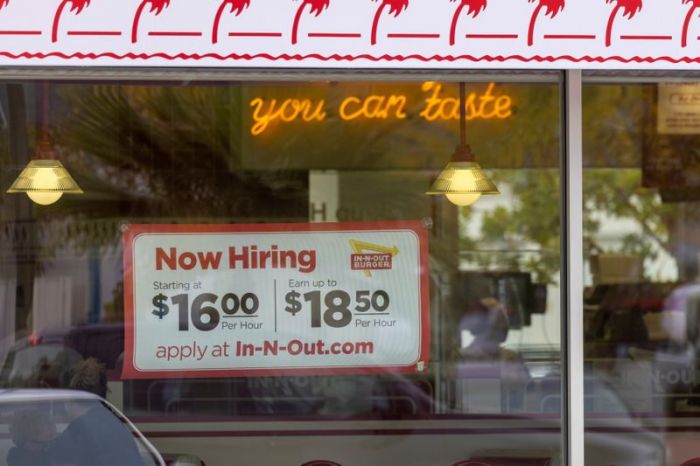(Reuters) -The U.S. Supreme Court on Friday took up a challenge by two families with children attending Christian schools to a Maine tuition assistance program that bars taxpayer money from being used to pay for religious educational institutions in a case that could further narrow the separation of church and state.
The court, which has a 6-3 conservative majority, agreed to hear an appeal by the families of a lower court ruling in favor of the state that concluded that Maine’s program did not violate the U.S. Constitution’s First Amendment right to the free exercise of religion. The eventual ruling could build on other decisions by the court in recent years allowing public funds to go to religious institutions.
It was one of 10 new cases the justices added to their list of ones they will hear during the court’s next term, which starts in October. Friday’s announcement on cases was the final action in the court’s current term, which culminated in a major 6-3 ruling on ideological lines on Thursday that could make it easier for states to enact voting restrictions.
In addition to adding new cases, the court on Friday also rejected several appeals including one brought by a florist fined by Washington state for refusing to make a flower arrangement for a same-sex wedding due to her Christian beliefs.
The Maine case is the latest one for the court that pits the free exercise of religion against another element of the First Amendment: the separation of church and state that prohibits government establishment of an official religion or favoring one religion over another. The court’s conservative justices often have taken an expansive view of religious rights.
Some sparsely populated areas of Maine lack public secondary schools, so state law lets public funds be used to pay for tuition at certain private “nonsectarian” schools of a family’s choice.
The case involves two sets of parents – David and Amy Carson, and Troy and Angela Nelson – who sued Maine in 2018 in federal court, arguing that the tuition assistance program’s exclusion of religious schools discriminates against them based on religion.
The Carsons pay to send their daughter to Bangor Christian Schools in Maine’s third-largest city. The Nelsons would like to send both their children to a Christian school called Temple Academy in Waterville, but can afford tuition for only one. Their son attends Temple Academy while their daughter does not.
The schools, both of which are private and nonprofit, describe themselves as seeking to instill a “Biblical worldview” in students. Bangor Christian Schools does not hire teachers who are gay or transgender, and would potentially expel openly gay or transgender students, according to court papers. Temple Academy does not hire gay teachers and likely would not accept gay, transgender or non-Christian students, court papers said.
The families contended that they are entitled to tuition help given the Supreme Court’s recent rulings siding with religiously based institutions, including its decision https://www.reuters.com/article/usa-court-religion-idINKBN2412HY last year endorsing Montana tax credits that can help pay for students to attend religious schools. The families are represented by the Institute for Justice conservative legal group.
The Boston-based 1st U.S. Circuit Court of Appeals ruled against the families last year, deciding that Supreme Court precedents did not forbid states from barring public funds from religious entities based on how those dollars would be used.
While states cannot disqualify religious schools from public aid programs simply because of their religious status or affiliation, Maine is not required to subsidize schools that would use the money to provide religious instruction, the 1st Circuit decided.
“States should not be permitted to withhold an otherwise available education benefit simply because a student would make the private and independent choice to use that benefit to procure an education that includes religious instruction,” they wrote in a court filing.
Maine Attorney General Aaron Frey wrote in a court filing that religious schools willing to provide a secular education may receive public funds.
“In excluding sectarian schools, Maine is declining to fund explicitly religious activity that is inconsistent with a free public education,” Frey wrote.
(Reporting by Andrew Chung in New York; Additional reporting by Lawrence Hurley in Washington; Editing by Will Dunham)



















